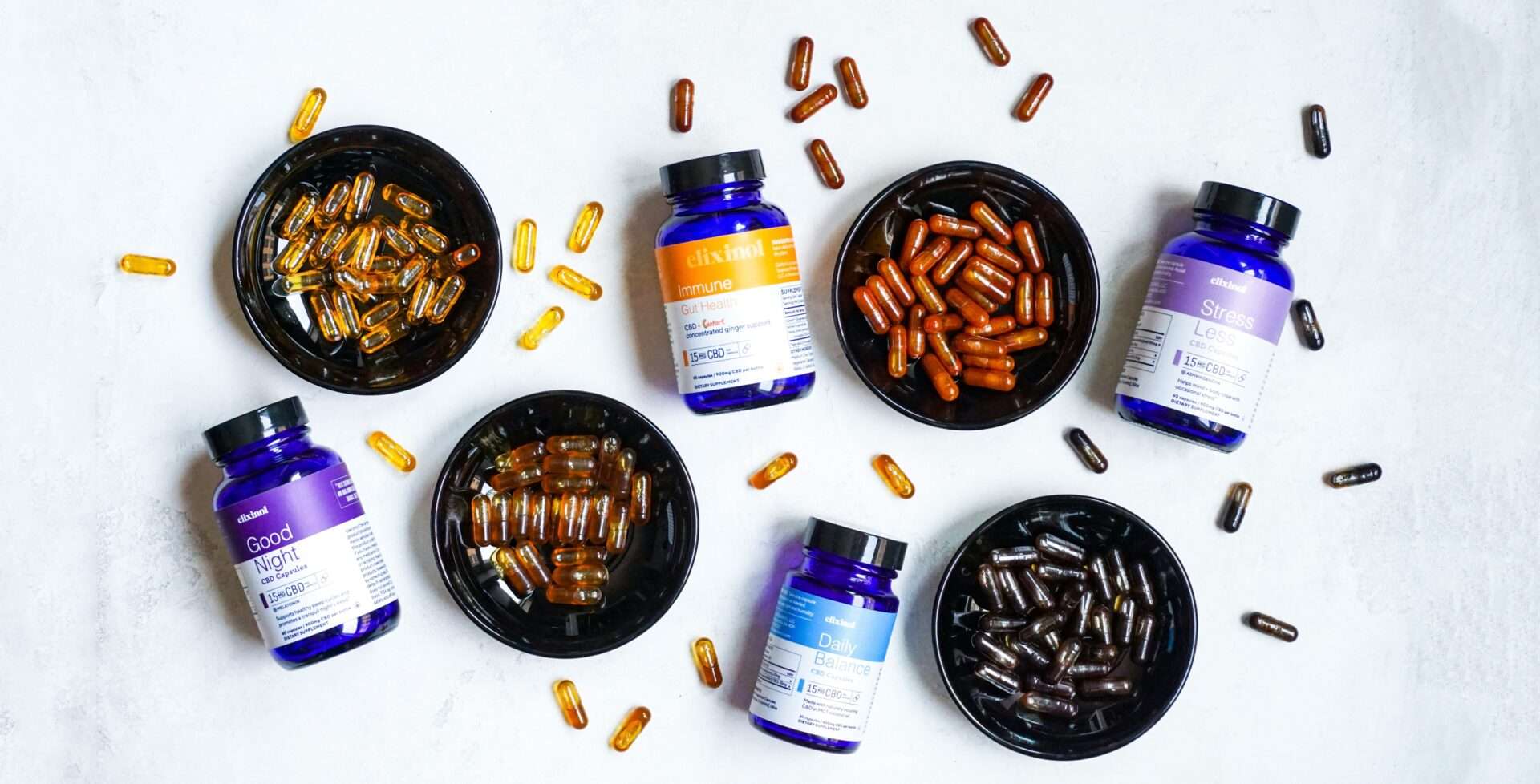Essential Supplements for Peak Running Performance
Runners pushing their physical limits require targeted nutritional support to optimize performance and recovery. While whole foods should form the foundation of any athlete’s diet, strategic supplementation can address specific needs created by intense training demands.
Core Supplement Categories
- Recovery aids: Protein and amino acids for muscle repair
- Energy support: Carbohydrates and electrolytes for endurance
- Micronutrients: Vitamins and minerals for metabolic function
- Specialty compounds: Caffeine and CBD for performance enhancement
Foundational Supplements for Runners
Protein: The Recovery Essential
Post-run protein intake (20-40g within 2 hours) significantly improves muscle repair. Whey protein offers rapid absorption while plant-based options provide vegan alternatives. Casein protein before bed supports overnight recovery.
Carbohydrate Strategies
During runs exceeding 60 minutes 30-90g of easily digestible carbs per hour maintains energy levels. Options include:
- Sports drinks and gels
- Dried fruit and honey packets
- White rice cakes with jam
Critical Micronutrient Support
Electrolyte Balance
Sodium potassium and magnesium supplements prevent cramping and maintain nerve function during endurance efforts. Consider:
- Electrolyte tablets in hydration packs
- Salt caps for heavy sweaters
- Magnesium glycinate for nighttime recovery
Iron and Oxygen Transport
Distance runners particularly menstruating athletes often require iron supplementation. Pair with vitamin C for enhanced absorption and monitor levels annually.
Performance-Enhancing Compounds
Caffeine Optimization
3-6mg/kg body weight consumed 30-60 minutes pre-run boosts endurance. Cycle usage to maintain sensitivity and avoid gastrointestinal distress.
CBD for Recovery
Emerging research suggests CBD may reduce inflammation and improve sleep quality. Choose third-party tested products with clear THC content labeling.
Supplementation Best Practices
Quality Considerations
Prioritize supplements with:
- NSF Certified for Sport or Informed Choice certification
- Transparent ingredient lists
- Reputable manufacturer history
Timing Strategies
Align supplement intake with training cycles:
- Pre-workout: Caffeine and nitrates
- Intra-workout: Carbs and electrolytes
- Post-workout: Protein and antioxidants
Conclusion
Thoughtful supplementation complements rigorous training by addressing nutritional gaps and enhancing physiological adaptations. Regular blood work and professional guidance ensure optimal supplement strategies tailored to individual needs and goals.



